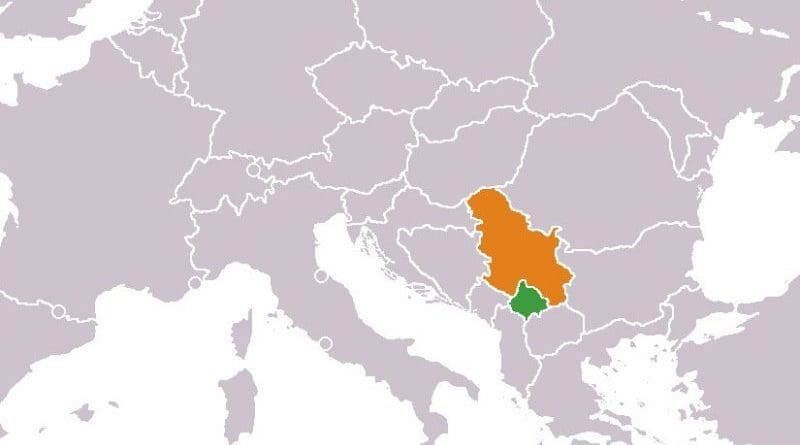High Hopes Kosovo Talks Result In Freedom Of Movement
By Bojana Barlovac
Milivoje Mihajlovic, head of the Serbian government’s information bureau, told Balkan Insight that the fifth round of Belgrade-Pristina talks is likely to result in closure of a “chapter” on freedom of movement between the two peoples.
“This is something that the two sides have been agreeing on lately,” Mihajlovic said.
Freedom of movement should mean that Kosovo nationals can enter Serbia using Kosovo IDs and passports. Serbian custom officers will not stamp Kosovo passports, however, as that would imply Serbia recognising Kosovo’s independence.
Kosovo Serbs have still complained loudly, dubbing the move, if it happens, as Serbia’s “de facto” recognition of Kosovo’s 2008 independence.
Belgrade denies this. Borislav Stefanovic, chief of Serbia’s negotiation team, said: “Belgrade will not in any way recognise, nor confirm the independence of Kosovo.”
For the first time since Kosovo unilaterally declared independence in February 2008, the two sides sat down together in Brussels under EU auspices on March 8 and 9.
Since then, four rounds have been held on topics varying from freedom of movement, the cadastre, civil registry books, and mutual recognition of college diplomas.
But no “chapters” in the talks have yet been closed, which is supposed to happen in the fifth round. Serbia has been delaying the start of the fifth round since June. The Kosovo side has suggested that this is because Belgrade does not want to sign any agreements.
However, the two sides were in touch via video conferences in June, trying to find solutions on open issues.
Ahead of the fifth round, Edita Tahiri, Chief of the Kosovo negotiation team, said she expected Serbia to recognize Kosovo customs stamps and license plates, when the two sides finally met.
When it comes to telecommunications, Tahiri said that Serbian mobile and fixed telephony will stop including Kosovo as Serbia, while “roaming on favourable terms” would be introduced instead.

